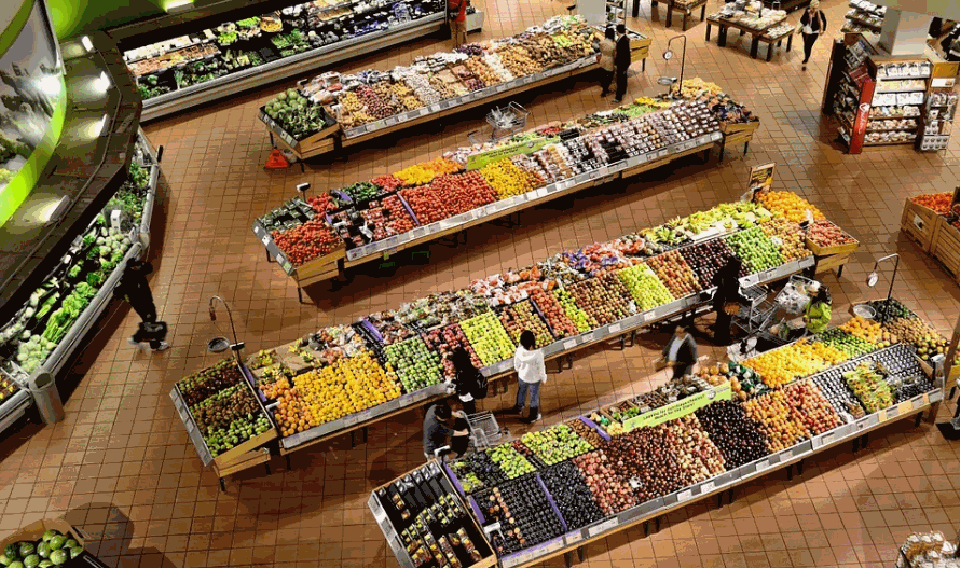In the case of the price ceiling for basic foodstuffs, which comes into effect today, and the already existing price ceiling for fuels, two things need to be examined - said Gábor Regős, head of the macroeconomic business branch of Századvég Gazdaságkutató Zrt., . One factor is how much weight the relevant product or group of products represents in the consumer basket, and the other is how much price growth is restrained by the price cap.
The weight of fuels in the consumer price index is about six percent, while that of the affected food groups can be estimated at about 2.5 percent, but the KSH, for example, classifies meat in a broader category, so the exact weight of the affected products is not known - explained Gábor Regős. In the case of vehicle fuels, however, the secondary effect is also important: the fuel required for the production of countless products or services and their delivery to consumers, so their price is also affected by the evolution of fuel prices.
The other factor is more difficult to estimate, as it examines how much the price cap reduces the prices of the affected products. This is a particularly difficult question for fuels, as prices here can change from week to week. Overall, it is therefore difficult to say which measure may have a greater effect: since the indirect and direct weight of fuels is more significant, perhaps this, but since the market price in the recent period did not differ so significantly from the price determined by the price cap, from this point of view the food price cap is already the effect is greater.
The price ceiling can also have such a favorable effect that the demand for the affected products increases minimally. According to Gábor Regős, the consumption of fuel seems rather inflexible, he believes that car traffic is high despite the high prices. A dramatic increase in consumption is not expected in the case of foodstuffs either (presumably the shops would not even intend to satisfy this), however, accumulation of certain products may be observed - in the case of edible oil, due to its price, this is unlikely - and on the other hand, the emergence of the substitution effect: the non-reduced price, but similar they will consume less of the products, while more of the reduced-price products.
In the case of fuels, it cannot be ruled out that someone will switch from premium to normal because of the fixed prices, but the substantial part of the consumers who choose premium fuel will probably still insist on the higher quality.
The Central Statistical Office (KSH) published the average price of the seven basic foods affected by the price cap last October. From today until May 1, the government introduced a price cap on seven basic foods, and their prices cannot be higher than they were on October 15 last year. If this price was discounted or on sale, then the price before the discounted sale must be used, if for some reason this cannot be determined, then the average consumer prices published on the KSH website for October 2021 must be used.
According to the KSH's October price list, the consumer price of granulated sugar is HUF 261 per kilogram, fine flour HUF 203, pork leg HUF 1,420, chicken breast fillet HUF 1,600, beef loin HUF 293, sunflower cooking oil HUF 713 per liter, and long-lasting 2.8 percent UHT milk HUF 268 per liter.
Source: Magyar Hírlap
Image: Pixabay













